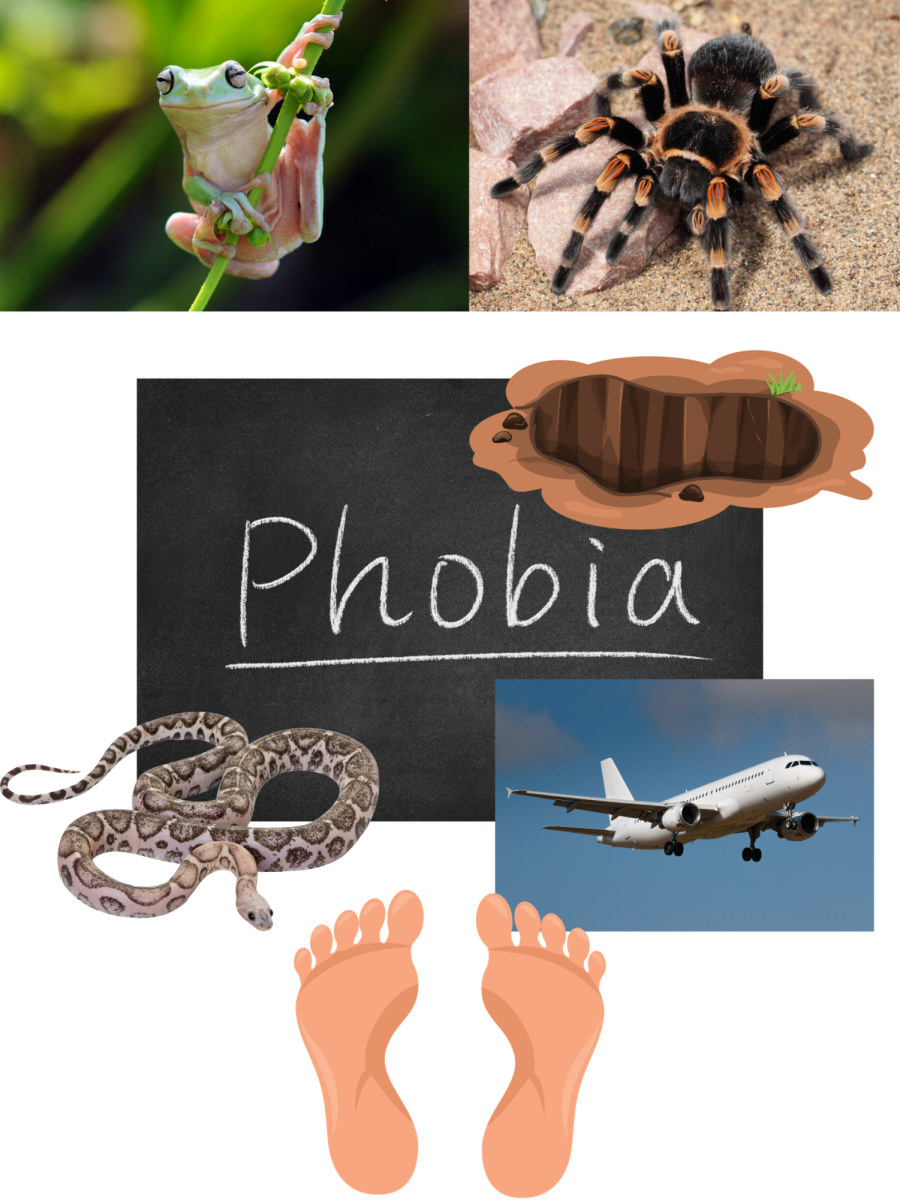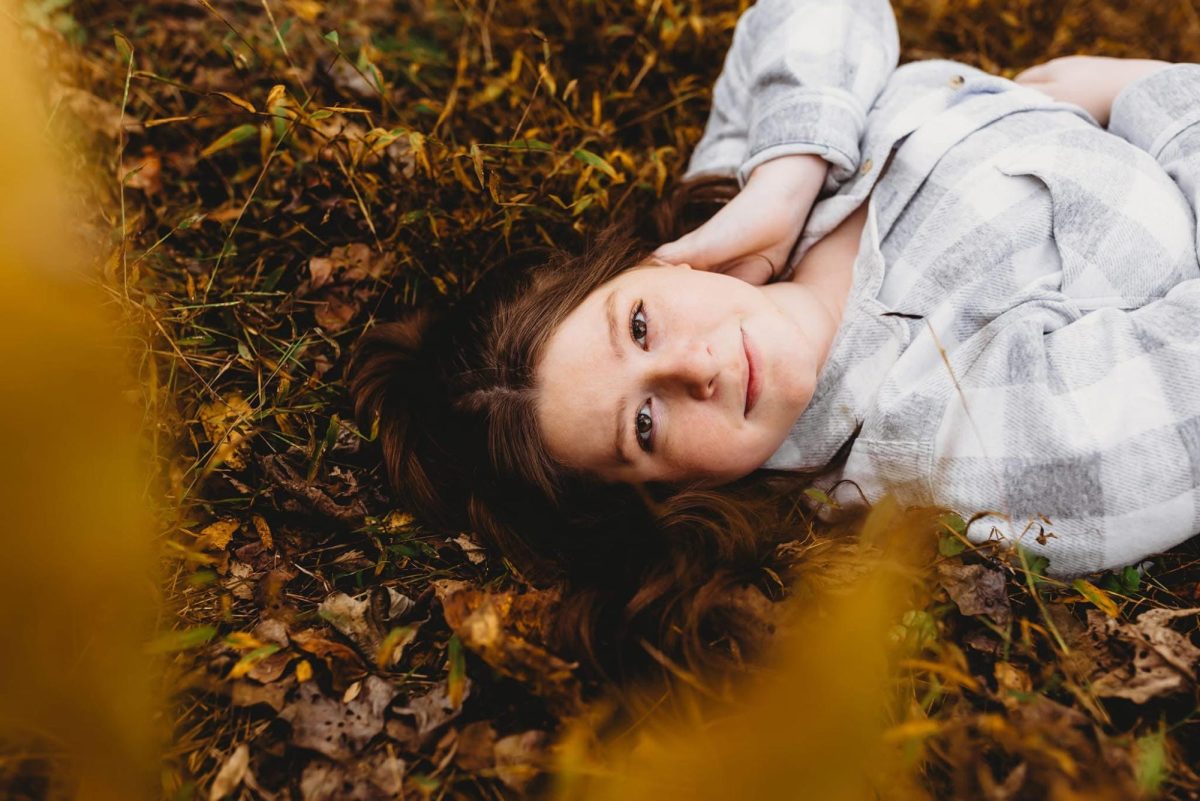Most people have a specific thing they are triggered by which is their phobia. A phobia is an extreme fear of a specified group or thing. The main cause of a phobia is most likely a traumatizing situation that happened in the past. There are four types of phobias: animal phobias, environmental phobias, situational phobias, and bodily phobias. The most common phobia at THS is arachnophobia, which is a fear of spiders. Phobias can usually never be solved. It’s just a lifelong fear.
The animal phobia is someone having a fear of a specific animal. Sophomore Kyndal Burke has ranidaphobia, which is a fear of frogs. “I feel like they will jump on me,” Burke said. Burke mentioned that she also has arachnophobia, which is a fear of spiders. “If I kill them, they could crawl on me,” Burke said. Burke’s ranidaphobia is a little bit stronger than her arachnophobia.
Sophomore Sean Hairston has raging ophidiophobia, which is a fear of snakes, and arachnophobia, which is a fear of spiders. “I don’t understand how they move, so they scare me,” Hairston said. Hairston also fears spiders. “Spiders are just self explanatory,” Hairston said.
Senior Jailyn Edmonds has a situational phobia of heights. Edmonds’ phobia occurs mainly when it comes to flying, “I hate heights and flying is something I don’t understand how people do,” Edmonds said. Acrophobia is the fear of heights; it is also known for fear of flying. “I’ve never been on a plane and never will,” Edmonds said.
When it comes to bodily phobias, sophomore Makenzie Miller has a phobia that has become really popular over social media. Miller has podophobia which is a phobia of feet, or “dogs” as young teenagers say. “One time I threw up a smoothie I had because my friend’s feet got too close to me,” Miller said. Miller’s bodily phobia may sound odd, but it is an actual phobia.
Sophomore Sadeel Batineh has a weird environmental phobia, trypophobia which is a fear of holes. “I always think something will crawl out, or I’ll fall in them,” Batineh said. Batineh has never had an experience with this phobia, but she will always have the fear of holes. “You will never catch me near a hole,” Batineh said.
Usually people with phobias try to avoid the things that trigger their fears. Phobias last a lifetime because there is no way to overcome them. Phobias can be intense, often irrational fears, but with help they can be managed.










